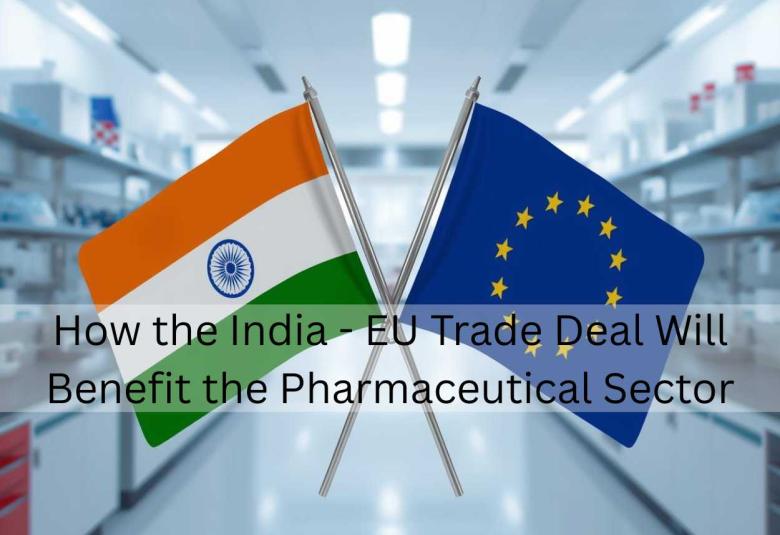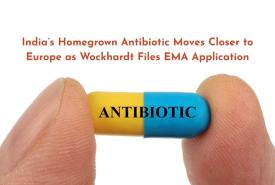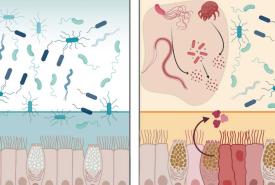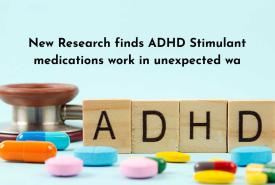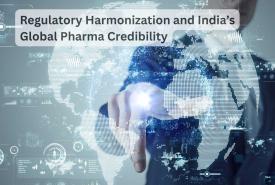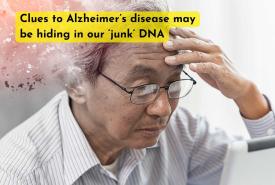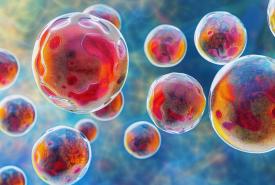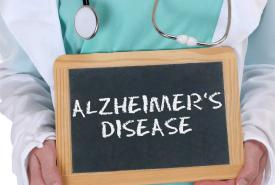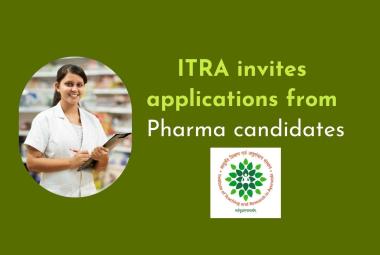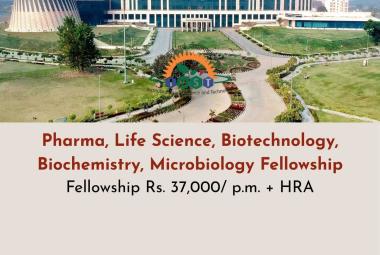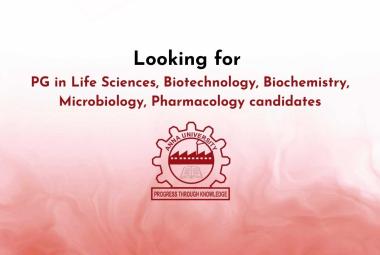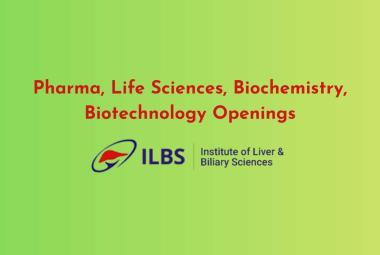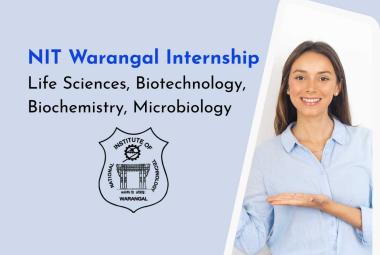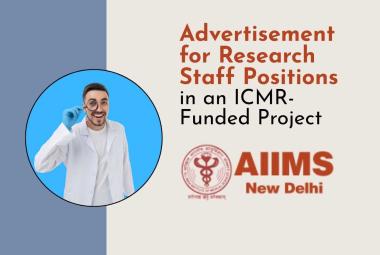How the India - EU Trade Deal Will Benefit the Pharmaceutical Sector
The proposed India-European Union (EU) trade deal is expected to bring significant benefits to India’s pharmaceutical industry. The EU is one of the largest and most regulated medicine markets in the world, and easier access to this region can open new growth opportunities for Indian drug manufacturers. The agreement focuses not only on trade but also on regulatory cooperation, which is crucial for pharmaceuticals.


